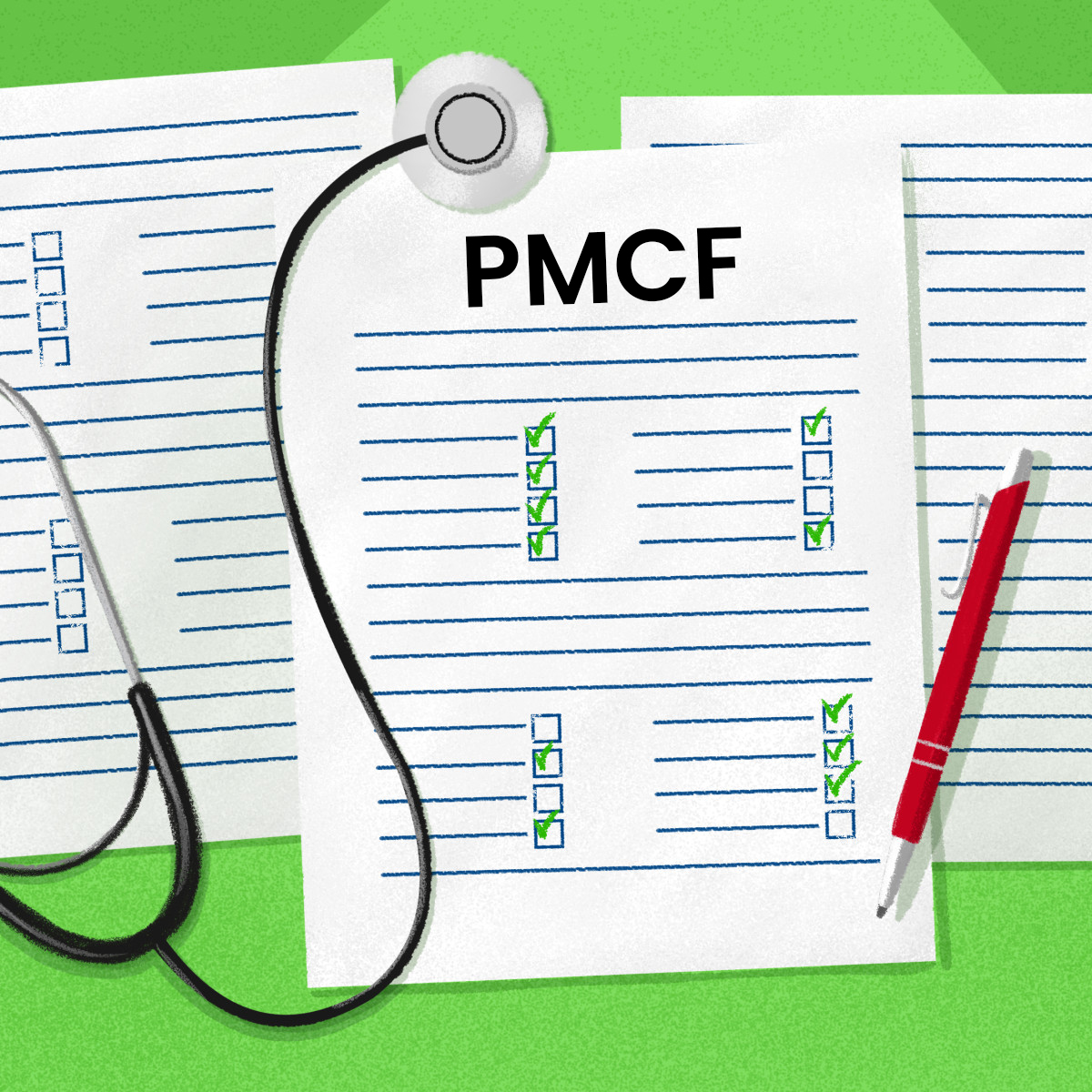PMCF Surveys: useful tools, to be handled with care
Within the regulatory framework defined by Regulation (EU) 2017/745, Post-Market Clinical Follow-up (PMCF) activities play a central role in the lifecycle management of medical devices. Among the methods available for collecting post-market clinical evidence, surveys stand out for their accessibility, speed, and sustainability.
However, as highlighted in previous contents on this topic (here you can read one of these), surveys are not without critical issues. Their effectiveness depends on the ability to design a solid methodological pathway that considers regulatory objectives, target audience, and data quality.
Without these foundations, the risk is to obtain results that are irrelevant or unusable.
Responding to gaps in Post-Market Clinical data collection
The Survey Evidence Builder service was born from a concrete need: many manufacturers must collect post-market clinical evidence but lack adequate tools to do so effectively, compliantly, and sustainably.
In several projects, we observed that surveys are often considered a “simple” solution yet approached without a real methodological strategy. This leads to results that are of limited utility, difficult to defend in regulatory settings, and sometimes counterproductive.
The Survey Evidence Builder was developed to fill this gap: a service that combines regulatory, clinical, and statistical expertise to offer manufacturers a reliable tool for integrating surveys into their PMCF strategy in a structured and informed way.
When is a PMCF survey useful?
A survey can be a strategic choice when:
- Existing clinical data are insufficient and more evidence is needed to support a claim;
- A clinical investigation is ongoing and complementary evidence is needed;
- Data must be collected quickly, but in a structured manner;
- Proactive post-market surveillance needs to be demonstrated.
In all these cases, a survey can strengthen the clinical evaluation of the device—if designed with care and expertise.
Why conduct a PMCF survey: benefits and opportunities
When properly designed, PMCF surveys offer a range of advantages that make them a valuable tool for manufacturers:
- Methodological flexibility: adaptable to various clinical and regulatory contexts, and suitable for different targets (clinicians, patients, users).
- Speed of execution: faster data collection compared to other PMCF activities, with shorter implementation timelines.
- Economic sustainability: less costly than traditional clinical investigations, while maintaining rigor and traceability.
- Strategic value: enables the collection of real-world insights that support regulatory decisions, marketing strategies, and product development.
- Documented proactivity: demonstrates the manufacturer’s commitment to post-market surveillance, contributing to a robust and updated clinical dossier.
A structured methodological approach
To ensure the validity and defensibility of the data collected, a rigorous methodological approach is essential.
The Survey Evidence Builder service is structured into four key phases:
Clinical-regulatory context analysis
Review of existing documentation, identification of clinical gaps, and definition of survey objectives aligned with the device’s claims.
Protocol design
Drafting of a concise yet structured protocol that ensures consistency, traceability, and methodological rigor.
Statistical analysis plan
Definition of relevant metrics, sample size, and survey structure to ensure data quality and interpretability.
Questionnaire development
Design of targeted questions based on literature review and regulatory objectives, with attention to clarity and comprehensibility for the selected audience.
Final considerations
In today’s regulatory landscape, PMCF surveys can be a useful tool for collecting post-market clinical evidence—provided they are managed with competence and awareness. Methodological design, clear objectives, and data quality are essential elements to transform a survey from a simple opinion-gathering exercise into a source of usable clinical evidence.
For this reason, each project deserves a careful preliminary assessment, taking into account the specific characteristics of the device and its regulatory context.
📩 If you would like to explore whether a PMCF survey is suitable for your device, contact us for a preliminary evaluation.








